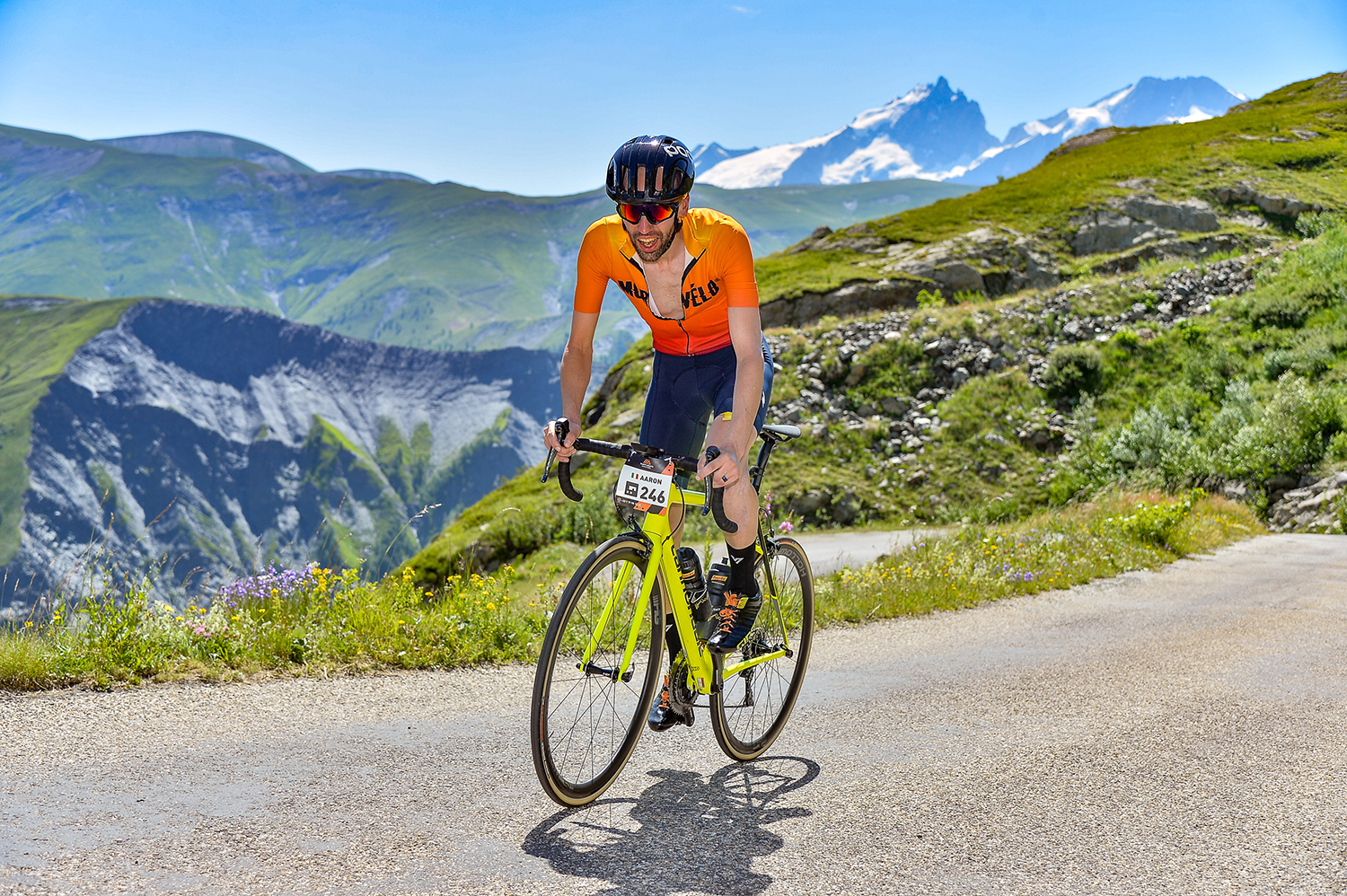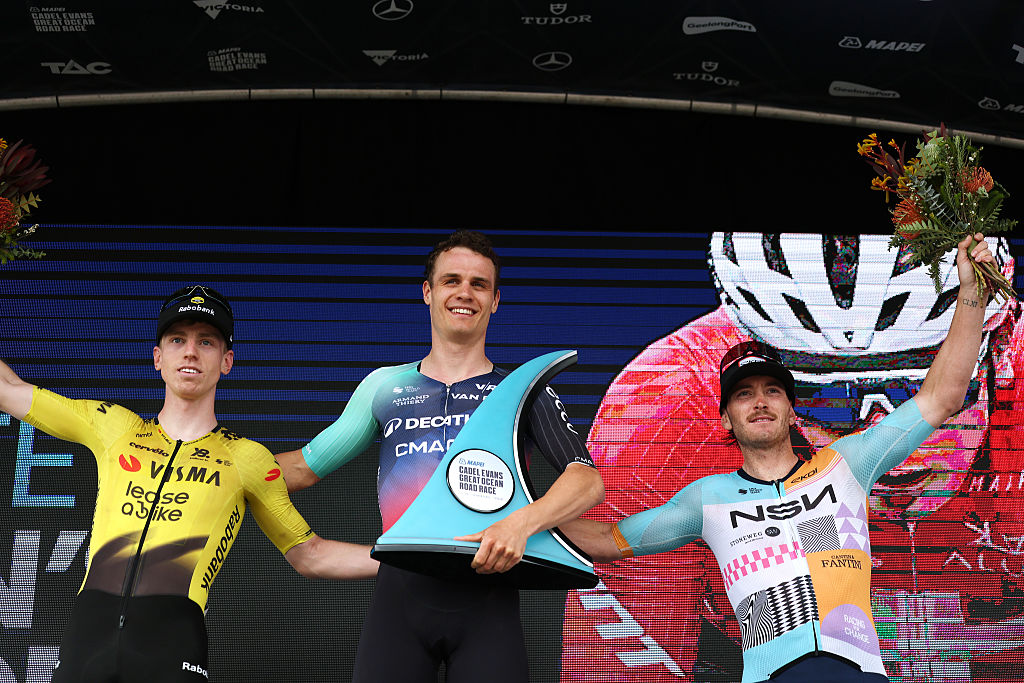Mango flavour, and 120g per hour: How does Tadej Pogačar fuel in a Tour de France stage?
Nutrition and athletic performance go hand in hand, requiring training, consistency and discipline to get the best results
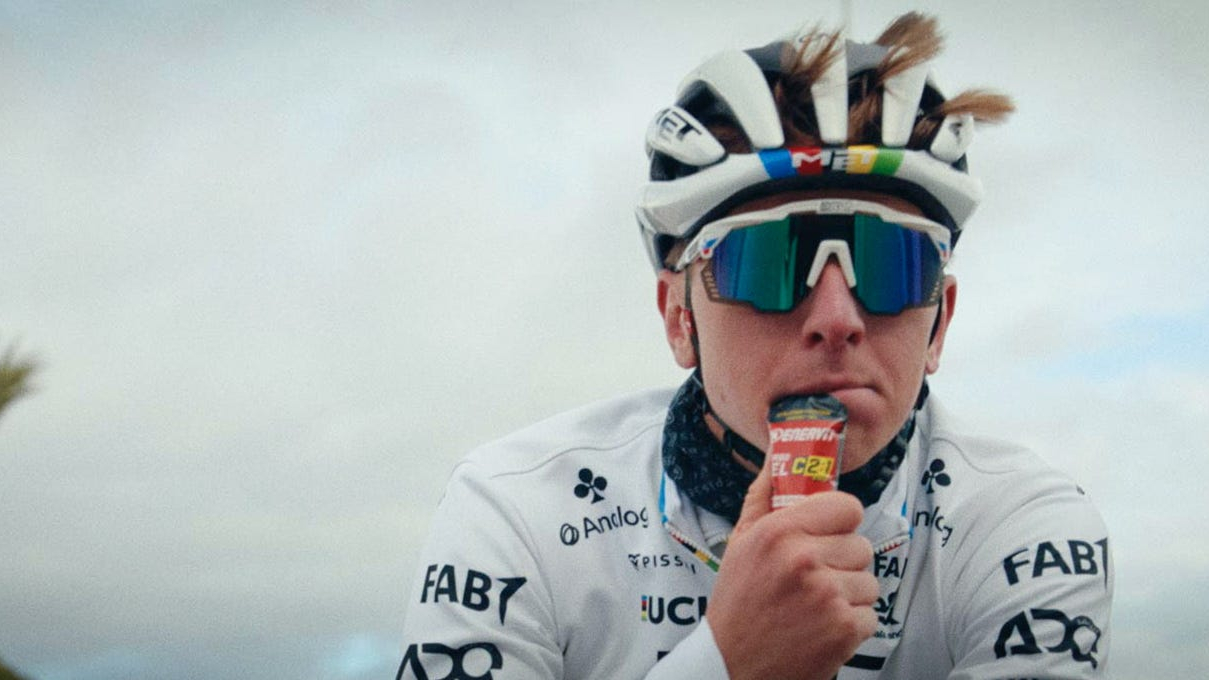
Despite advances in sports science and cycling-specific training, nutrition and fuelling strategy are often not emphasised enough among amateur athletes, and this can have a significant impact on performance.
Your body is an engine, and to run optimally, it needs to be fueled at regular intervals to supply your working muscles with the fuel required to produce energy and delay the depletion of your muscle glycogen stores, which can lead to bonking.
While this might sound simple in theory, what works for one athlete might not necessarily work for the next. The good news is that the gastrointestinal tract can, in theory, be trained to tolerate and utilise more carbohydrates at higher exercise intensities and for longer durations.
Among the many companies producing scientifically backed cycling nutrition, Enervit is a leading protagonist in this space and works with and supports WorldTour teams such as UAE Team Emirates XRG and Lidl-Trek.
Current UCI Road World Champion, Tadej Pogačar, is an Enervit-sponsored athlete, and with an engine as big as his, the fuel required to keep him running optimally needs to be of the highest quality.
Who is Enervit, Tadej Pogačar's on-bike energy sponsor?
At over 70 years in the business, the Italian brand is considered a pioneer in the supplement landscape, owing to its distinguished history and focus on natural ingredients.
It could be considered the oldest cycling nutrition company in the world and among the first to introduce energy drinks with fructose, electrolytes, vitamins, and salt tablets to the cycling world.
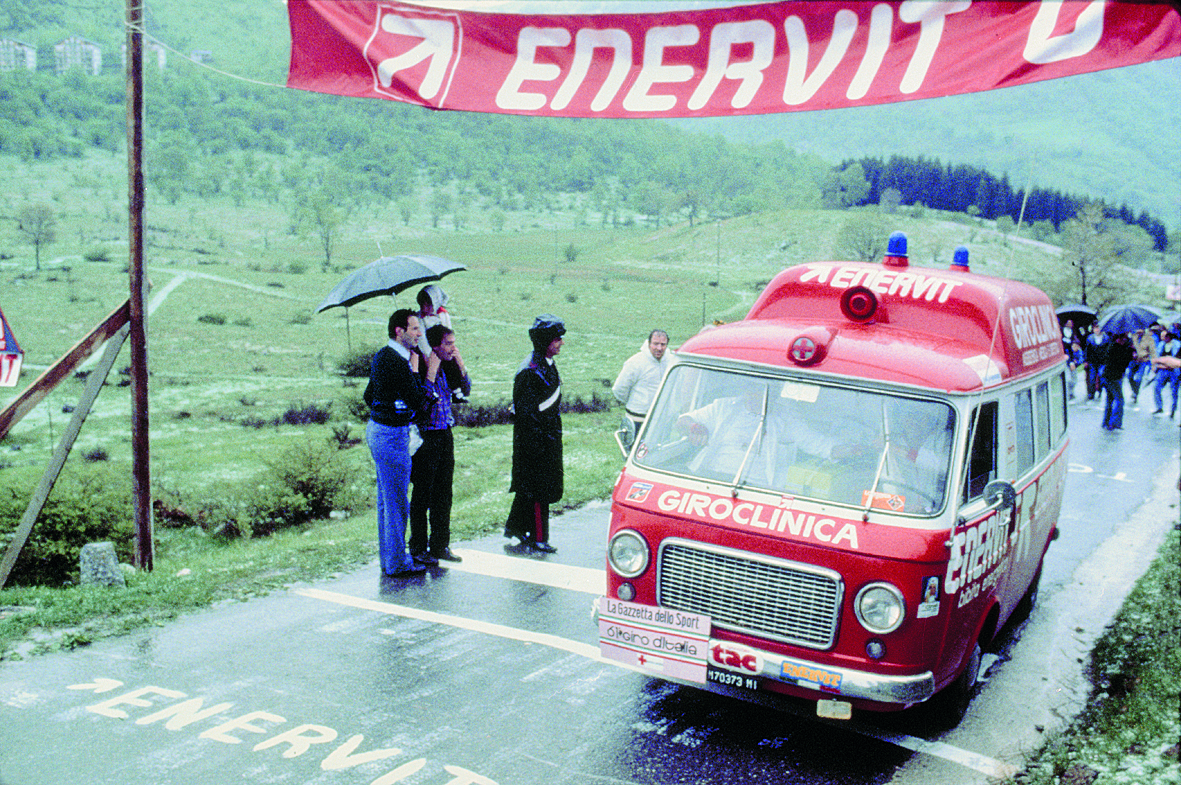
According to the brand, Enervit's entire production process, from conception and formulation to fine-tuning and overall production, is carried out at its plants in Zelbio and Erba, located in the renowned cycling province of Como, Italy.
This gives it direct control over the entire process and a clear advantage over its rivals, with a focus on quality and consistency.
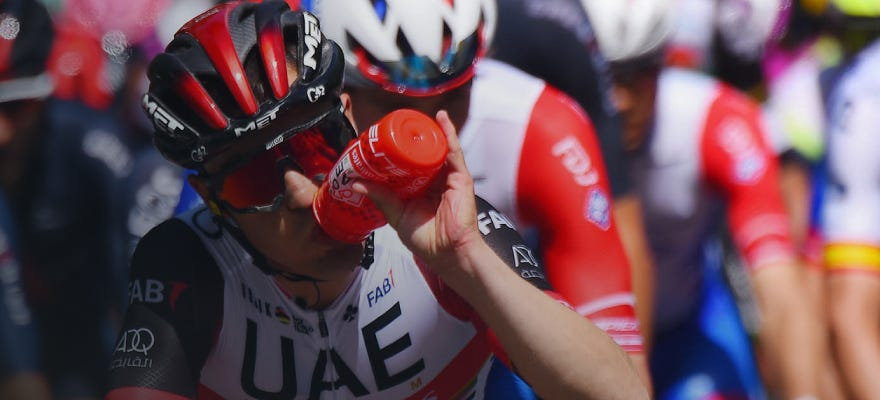
Maximise performance, maximise your carb intake
Previously, it was thought that athletes could absorb a maximum of 60g of carbohydrates per hour during exercise; however, we’re now seeing double this value and more being consumed at the highest levels of the sport.
As mentioned, the gut needs to be trained, but at the same time, the products must be highly technical, formulated with specific raw materials in precise formulations.
Cyclingnews understands that Pogačar worked directly with his sponsor to create a formula that worked for him, and this was later brought to market as Enervit’s C2:1PRO line. It was designed based on a glucose:fructose ratio of 2:1 to push beyond the 60g carbs/hour limit with numbers upwards of 90g per hour, minimising the risk of gastrointestinal distress.
The range encompasses a diverse array of products with varying consistencies and purposes, including the Carbo Gel, Carbo Bar, Carbo Jelly, Carbo Chews and Isocarb drink.
Pogačar's favourite picks
For World Champion Tadej Pogačar and his teammates, the nutrition strategy depends mainly on the race and the parcours of each stage.
According to UAE Emirates XRG nutritionist, Gorka Prieto-Bellver, “If there is a flat stage, hilly or mountain stage, Tadej and the team have different targets in terms of carbs and sodium intake – it’s somewhere between 60-120g carbs/hour.
"If it’s a mountain stage, then Tadej will increase his intake on the bike, so it all comes down to him achieving his target carbs per hour. With Enervit C2:1PRO products, it is easy to calibrate the amount of carbohydrates that riders need.
“With the Isocarb carbohydrate mix, we always dissolve 60g of carbohydrates in a water bottle. Then, to reach 90 to 100g of carbohydrates per hour, we let the athletes choose between gels and bars. To achieve the final 20-30g, we prefer that it be achieved by ingesting solid food.”
Prieto-Bellver says supplements are also part of the nutrition strategy, and gave us a clue as to Pogačar's preferred products.
"The team tests new products during the off-season December training camp, and if they like the new flavours and the products, I give feedback to Enervit, and try to get them on the market.
In terms of Enervit products, Tadej’s favourites include the Enervit Carbo Gel C2:1PRO in mango flavour, and he also enjoys the Isocarb drink in his bidon.

Recovery is the Key
In a three-week stage such as the Tour de France, the recovery process is crucial in maintaining a rider’s overall performance. For Lidl-Trek and UAE Team Emirates XRG, recovery starts immediately after the stage, whether it was a flat or mountainous day.
The new Enervit Magic Cherry After Sport delivers a high dose (300 mg per serving) of polyphenols and antioxidant-rich vitamin E, which is essential for recovery with no added sugar, additives and is a low-calorie supplement.
Prieto-Bellver is firm in his approach to rider recovery. "It’s crucial to quickly recharge the glycogen reserves depleted during the stage. All riders take Enervit Magic Cherry upon arrival. They will also drink a mix of maltodextrin and whey protein in a 30/10 percentage, and sometimes we give each rider two sachets.
"If there are lactose-intolerant athletes, we use pure whey protein isolate and mix it with maltodextrin and fructose in a 60:25 ratio precisely to quickly replenish the first glycogen reserves."
To ensure optimal recovery, the team will also take magnesium, and the Enervit Recovery line, including Enervit Magic Cherry, R2 Recovery Drink and Magnesium + Potassium powder supplement to replenish minerals lost during training.
For optimal performance, start taking the supplements 5–7 days before a primary race or key event to help the body prepare for the upcoming stress. In this case, it’s recommended to take it about 90 minutes before training to optimise its effects.
The latest race content, interviews, features, reviews and expert buying guides, direct to your inbox!
Aaron was the Tech Editor at Cyclingnews between July 2019 and June 2022. He was born and raised in South Africa, where he completed his BA honours at the University of Cape Town before embarking on a career in journalism. Aaron has spent almost two decades writing about bikes, cars, and anything else with wheels. Prior to joining the Cyclingnews team, his experience spanned a stint as Gear & Digital editor of Bicycling magazine, as well as a time at TopCar as Associate Editor.
Now based in the UK's Surrey Hills, Aaron's life revolves around bikes. He's a competitive racer, Stravaholic, and Zwift enthusiast. He’s twice ridden the Cape Epic, completed the Haute Route Alps, and represented South Africa in the 2022, 2023, 2024 UCI eSports World Championships.
Height: 175cm
Weight: 61.5kg

